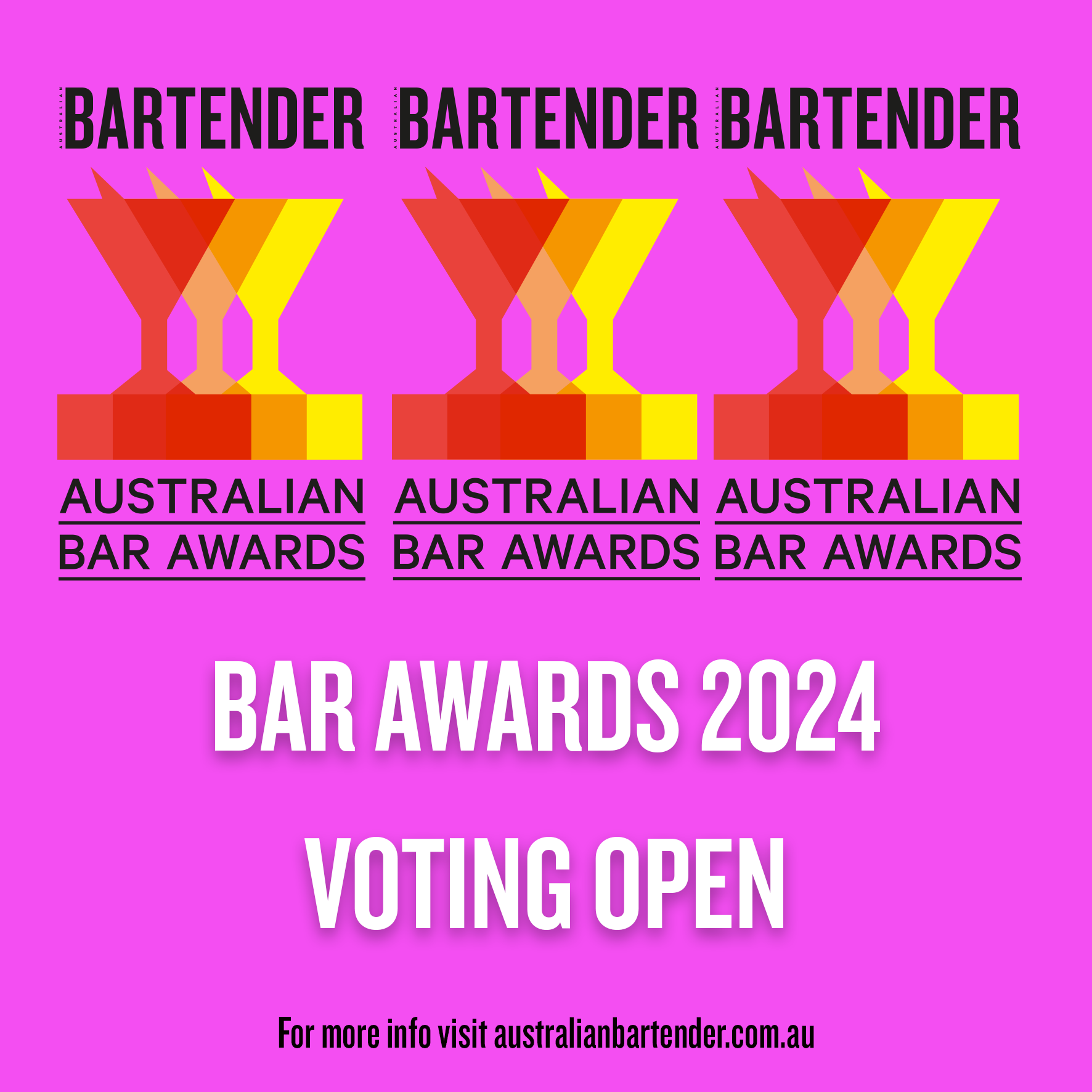
This article featured in the February issue of Australian Bartender
By Philip Duff
Excuse me…what did you say….?
People are becoming ever more inept at human-to-human communication. Not so long ago I was judging a contest and a fellow jury member represented one of the sponsoring brands, a small start-up business that was busy getting its name out among the bar community worldwide.
We were chatting about bar shows and I mentioned there was a new one coming up in Prague. Great, he said – can you email me the details for it? No, I said, I’m not your fucking secretary. If you want to remember it – this useful piece of information I gave you freely out of the goodness of my heart – then write it down, you oxygen thief. It’s your responsibility to remember, not mine to spoonfeed you.
Pure clangers will always be dropped. A bartender acquaintance of mine, Kyle Ford, visited the raved-about Aviary bar in Chicago. It is famous and does some great work in pushing the boundaries of what cocktails are. A pilgrimage place.
After a few rounds of cocktails in portholes and hollowed-out ice balls you smash with a hammer, Kyle, true to his hometown (he’s from San Francisco) asked for a Fernet Branca. “Fernet” said their server “is a vile liquid”. Screeeeeech! Music stops playing. Children are snatched back indoors by fearful mothers. Tumbleweed rolls across the set. Vile liquid?
Really?
And another thing…
I have created more than a few global contests in my day, and judged hundreds more. I have nothing against competitors using translators if it’s allowed in the rules. But I am always amazed when they win. How can the points scoring be so skewed that you can win a national or international contest without speaking the lingua franca?
I was once on a bartender of the year national judging panel where the head of jury was keen to give the prize to a bartender who had done his presentation entirely in English. Said bartender didn’t speak the local language. I argued that although the bartender in question was otherwise a credible contender to win, you couldn’t seriously allow someone to take the prize who can’t speak to guests in their own language. Plus, he arguably had an unfair advantage with the judges, who regarded all things English-language as the ultimate in cool.
Most people are not exceptionally gifted with talking in their mother tongue. Even bartenders. Even bartenders in prestigious bars. How good would you have to be to overcome the problem of talking through a translator? I’ve used translators when giving seminars in a dozen different countries. It’s horrendous. No jokes. No spontaneity. That awful, excruciating wait after you finish speaking, and before the translator does. And I was translated by the very best money could buy. Gaaaaaa!
Understand, I am not advocating that you stay with your own language. Your fluency is as much hindrance as it is helpmate. You are far more likely to be rude or thoughtless in your mother tongue than in your second or third language. And accents are charming to boot. Why do you think so, so many amazing bartenders are those who learned English as a second or third language?
From Harry Johnson to Salvatore Calabrese, Erik Lorincz and Francesco LaFranconi, the finest bartenders of past and present are those who have had to think about their words, who used smiles and body language to conceal their insecurity at speaking in a language not their own. The result? Charmed, entranced guests.
The only reason translators are allowed in international bartending contests is when important countries for the brand or the company are non-English-speaking. Country ‘X’ is strategically important for the firm, so they swallow the considerable expense of hiring translators. And that’s assuming they actually hire translators. I recently ran a world finals for the G’Vine contest and for the first time ever, finalists had the option of using translators. I insisted that the translators be from G’Vine head office staff, though, and not from that country’s distributor’s team. When the translator is charming, or pretty (or both), doesn’t that give the translatee another unfair advantage?
If a translator is employed how much of the judges’ impression of the finalist is the actual finalist? And how much is from the translator? If the translator is an urbane, loquacious cosmopolitan thirty-something brand manager while the bartender is a nervous untravelled twenty-something, isn’t that going to affect judges’ impressions in more ways than just language? Bottom line? You should not be able to win a national bartending contest without a working knowledge of that country’s language, and I don’t believe you should be able to win an international bartending contest without the ability to listen, to understand, to explain a drink and to effectively tell a joke in English.
Equally, what kind of a bartender are you if you can’t do that in a language besides your own? Perhaps the best example is the Ruinart sommelier championships: in one of their world finals challenges, you are required to do the presentation in English or French- whichever is not your native language. This seems fair, non?


